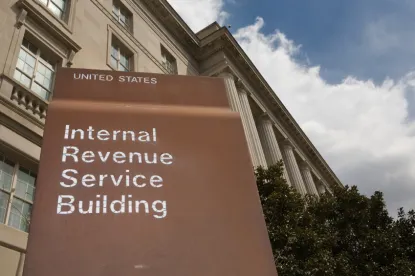As the business world migrates toward a paperless environment, it has been steadily pulling retirement plan administration in its wake. One area of focus for paperless administration in recent years has been 401(k) plan hardship withdrawals. Some third-party administrators (TPAs) have devised and marketed systems for e-certified hardship withdrawals, which effectively transfer the burden to participants to verify the existence of a qualifying hardship and maintain any records needed to support such verification.
These programs typically require a participant to electronically confirm
-
the nature of the hardship;
-
the person experiencing the hardship and his or her relationship to the participant;
-
the existence of specified documents required to support and substantiate the request;
-
the unavailability of other specified resources to meet the hardship; and
-
the amount of the hardship, which must equal or exceed the amount of the request.
The participant has to electronically certify the truth and accuracy of his or her statements and commit to retaining the required support documentation for a specified period of time.
The US Internal Revenue Service (IRS) has challenged these e-certification programs on audit from time to time, but has offered virtually no guidance about what standards are acceptable. For example, when the US Department of the Treasury (Treasury) finalized the current 401(k) regulations in December 2004, commentators asked for guidance about the documentation and verification requirements for hardship withdrawals. Treasury noted in the preamble that the final regulations did not address this issue. Carlton A. Watkins (Manager of Employee Plans Technical Group 1) confirmed the absence of formal guidance in an October 2011 information letter. Mr. Watkins noted that the regulations do not specifically provide what type of information or documentation a participant must furnish to support application for a hardship withdrawal. Instead, a determination of “immediate and heavy financial need” is based simply on all the relevant facts and circumstances. So, until recently, Treasury and the IRS have left plan sponsors and administrators to speculate about an acceptable procedure’s minimum requirements for verifying the existence and amount of an “immediate and heavy financial need.”
In May 2014—as it does every spring—the ABA Joint Committee on Employee Benefits submitted a series of questions to the IRS. Question #9 described a hardship withdrawal process that required a participant to provide specific written information and attestations, including an assurance that he or she had the documentation necessary to support the request and would maintain it for at least three years. The response noted that “[t]he Service representative agree[d] that the process is an effective and sufficient internal control, provided that reliance on participants’ statements is reasonable and the employer has no knowledge to the contrary.” It looked like the e-certification process had received the regulatory imprimatur—however informal—that it had sought for so long.
But that comfort was short-lived. In its April 1, 2015 Employee Plan News, the IRS unequivocally rejected e-certification. Among other things, it concluded that e-certification is not sufficient for participants to keep their own records, nor is electronic self-certification sufficient to document the nature of a hardship. Instead, the IRS said, the “plan sponsor must obtain and keep hardship distribution records. Failure to have these records available for examination is a qualification failure that should be corrected using the Employee Plans Compliance Resolution System.” Again, this guidance is informal, but a pretty clear indication of the IRS’s audit position.
In light of this position, plan sponsors that use or are considering using an e-certification hardship withdrawal program should be sensitive to the IRS’s latest expression of its views on the subject.



 />i
/>i

